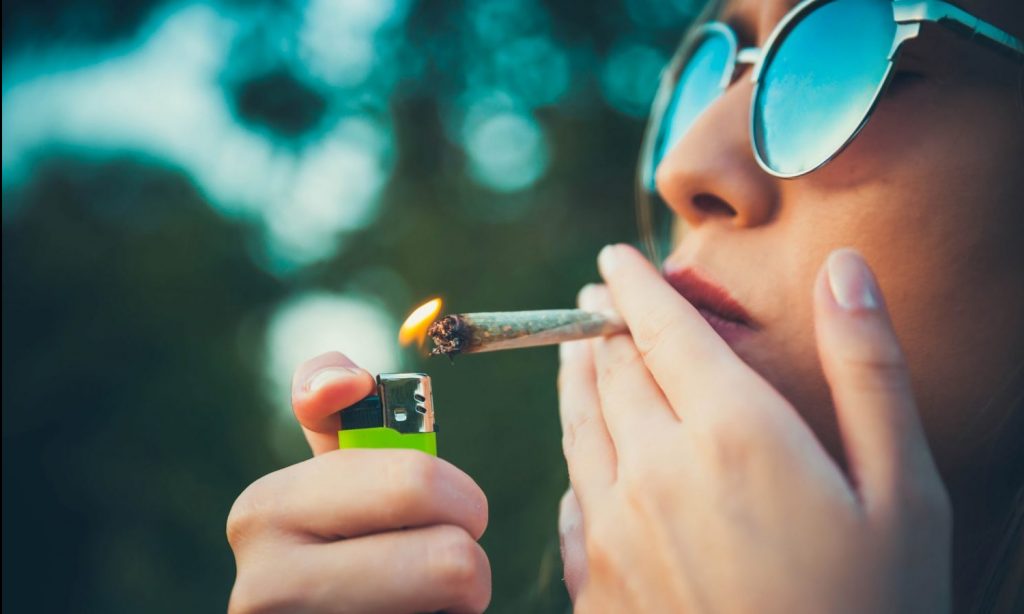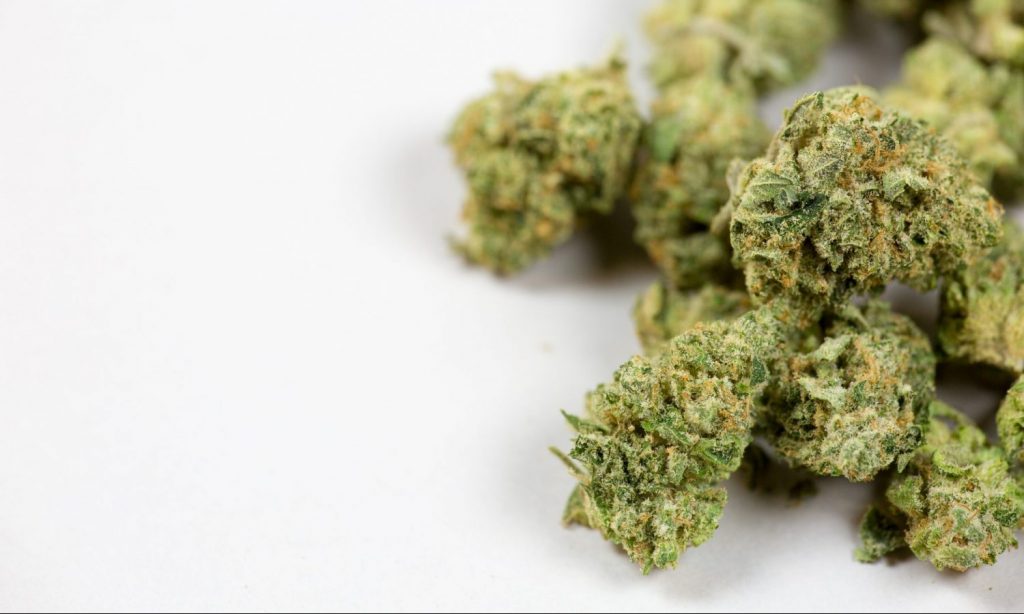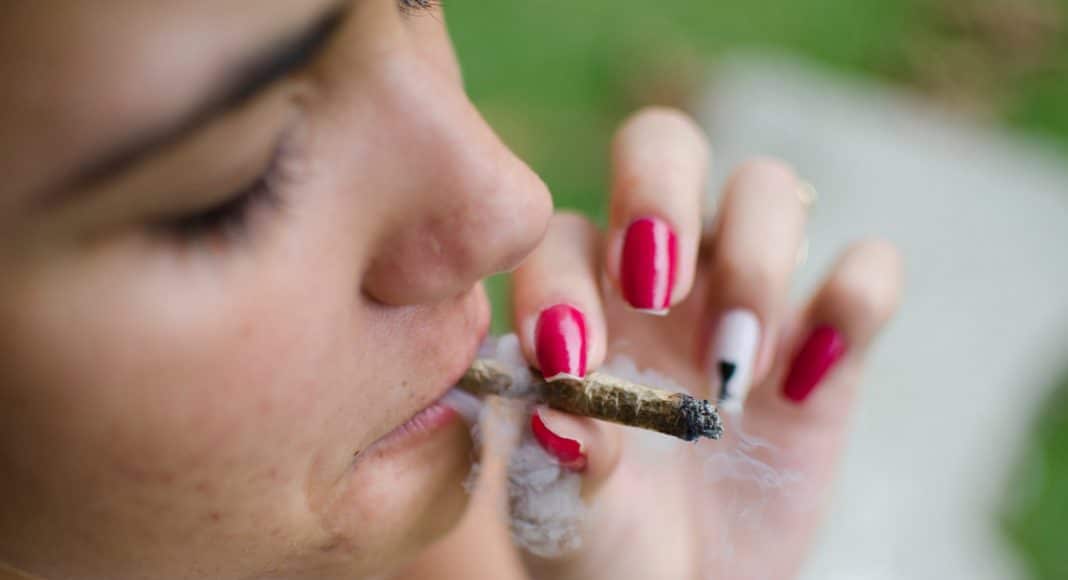17 states have legalized adult-use cannabis, though most continue to prohibit consumption in public or rented spaces.
By Andrew Ward
For years, cannabis consumption lounges have been kept at bay, though lately pro-lounge legislation is becoming more prevalent in the legal cannabis marketplace.
The tides are already turning in several cities like Ann Arbor, National City and Las Vegas. New York included cannabis club licenses in its recently passed adult-use legalization bill.
While uncertainty remains regarding regulations and projected revenues, many seem to be optimistic.

What Led To The Uptick?
Cannabis operators across the U.S. say consumption lounges are the result of a maturing market and increased demand.
Tim Wright is CEO of Shasta Management, which plans to open the largest consumption lounge in the U.S. by late May in Imperial County, California. He credits the public most of all.
“Just like in bars and restaurants, people want to be able to socialize with friends while consuming cannabis,” Wright said.
David Farris, VP of sales and marketing for Planet 13 Holdings Inc. (OTC:PLNHF), said the continued marijuana legalization leads to evolution in the marketplace. “Done the right way, consumption lounges can not only be beneficial to the public, but also to government coffers at all levels, adding jobs and additional tax revenue,” Farris said. Farris credited Las Vegas for getting involved in the emerging sector, noting the city’s need for tourist consumption spaces.
RELATED: Marijuana Social Clubs Are The Last Major Step For Legalization
Harold Sims, Denver-based chef and winner of Netflix Inc‘s (NASDAQ:NFLX) “Cooked With Cannabis,” underscored the need for consumption lounges as legalization gains momentum. He noted that 17 states have legalized adult-use cannabis, though most continue to prohibit consumption in public or rented spaces.

“It is in this grey area where cannabis lounges found their market,” Sims said.
He noted that lounges could create multi-faceted benefits, such as providing a place for people to consume while mitigating opposition to public consumption and the smells that accompany it.
“Finally, it will stimulate the economy of the surrounding community,” Sims added.
Uncertain Market Performance Bolstered By Expected Opportunities
Shasta Management COO Mai Vue said the company is not expecting profits right away though, in the meantime, it is focused on creating an elevated consumption experience for guests.
“It’s important that we provide our customers with a safe, comfortable and — in the desert — a cool space to enjoy their products and to try new ones,” Mai Vue said.
Many in New York’s entertainment world see ample opportunity in the Big Apple’s hospitality sector if legislation allows.

What About Alcohol?
Though cannabis consumption spaces are often compared to bars, one may wonder if lawmakers will ever allow the two to operate cohesively. Early indications suggest they will not.
In 2019, California officials obliged Lowell Cafe and seven other license holders to split their businesses into a restaurant and a cannabis retail space in order to comply with regulations. Under California law, cannabis lounges cannot sell food or drinks.
Chef Sims, meanwhile, is optimistic. He says Las Vegas will be a major beneficiary when cannabis consumption spaces take off. He pointed to Sin City’s bars, nightlife and smoking bans (limited to non-hospitality workplaces) as selling points.
This article originally appeared on Benzinga and has been reposted with permission.


